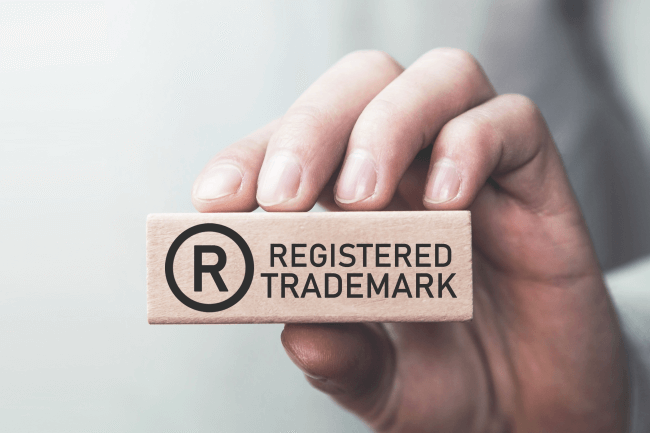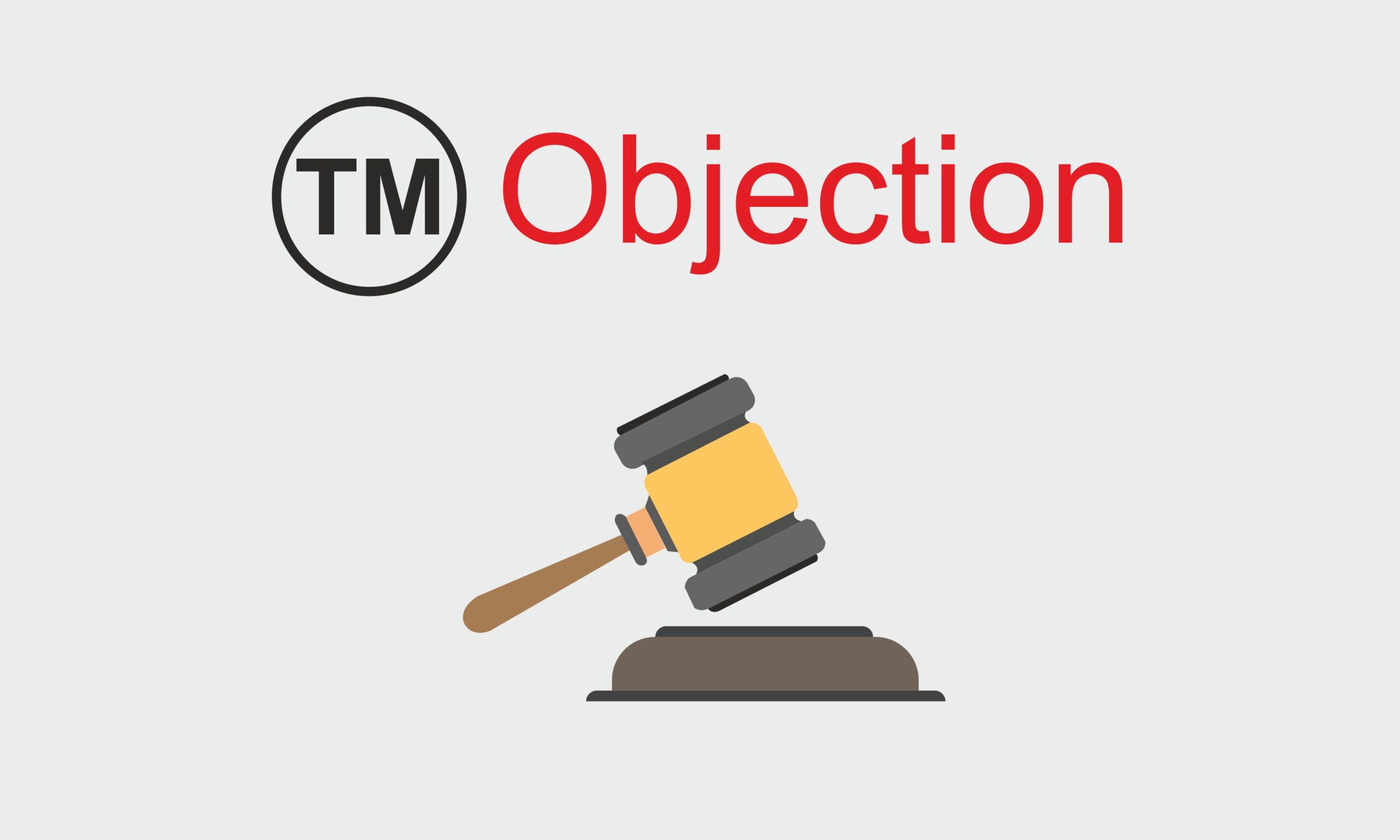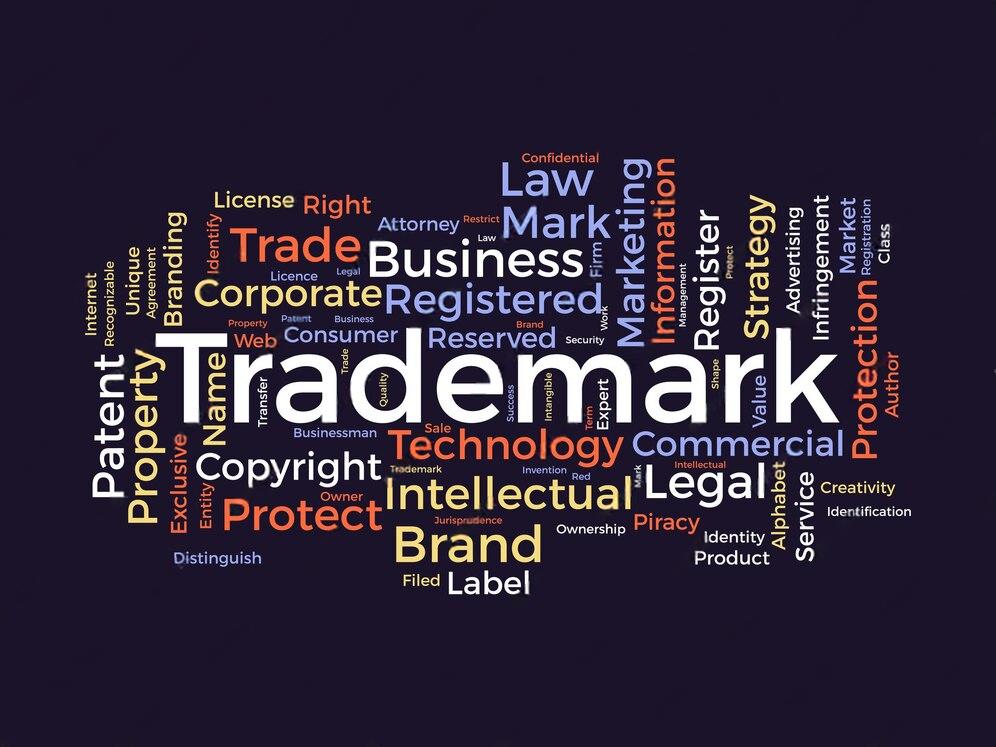Trademark Objection
Understanding the Process & How to Respond
In India, objection of a trademark is an imperative process of registration. Here, an examiner checks your application attentively for all legal compliance with your brand name. If there is an issue, you will get an objection notice. Resolving the issue timely works in favor of your application and gets your brand name legally protected.
What is a Trademark Objection?
A Trademark Objection is a formal refusal issued by the trademark registrar when there are concerns about the uniqueness, legality, or similarity of a trademark application. This does not mean outright rejection but rather a request for clarification or justification. Common reasons for objections include similarity to existing trademarks, lack of distinctive character, or use of prohibited terms. If your application faces an objection, you must respond with a well-structured reply and supporting evidence to prove the distinctiveness of your brand. Addressing objections promptly and correctly ensures a smoother path to securing your trademark rights.

Steps in Trademark Registration

Trademark Search
To check if the trademark you choose is available or if someone else already has.

Filing of Application
Filing your trademark application

Formal Examination
The officials scrutinize your application for conformity.

Publication in the Journal
When accepted, it is posted for public display.

Trademark Registration
Provided that no objections or oppositions are raised, the trademark is registered.
A registered trademark cannot be utilized by any other person without authorization, safeguarding your brand from unauthorized use with Corpmate.
Trademark Objection Explained
In this paragraph, we will going to share with you the complete information about Trademark Objections. Once you successfully file your trademark application, it will be examined by an examiner. In case, there is a problem—e.g., the trademark you choose is not available and someone already used it or non-compliance with legal standards—you will raise an objection. This is not the same as refusal but a call for clarification or changes.

Some Common Reasons for Trademark Objections

According to the Indian Trademarks Act, Objections usually occur under Section 9 and Section 11:
- Section 11: is about a collision with Pre-existing Trademarks
- Identical or Similar Marks: If your mark is too similar to an existing one in the same class, it also can be objected to.
- Similar Sounding Names: Names that sound similar (e.g., “CandyLand” vs. “KandyLand”) can be objected to.
- Similar Concepts: If your brand or logo expresses the same concept as an existing one, it could be objected too.
- Section 9: is about a lack of Uniqueness or Potential for Misleading Consumers.
- Descriptive Terms: Names such as “FreshJuice” for a juice company might be objected to on grounds of being too generic.
- Lack of Distinctiveness: A common symbol such as a square for a furniture company might not be a trademark.
- Deceptive or Misleading Marks: Companies that describe their nature in the wrong way, such as “OrganicGarden” for non-organic products, might be objected to.
How to Reply to a Trademark Objection
- If you get an objection, you have 30 days to respond and avoid rejection.
- Your reply should: Mention the concerns highlighted in the examination report.
- Submit strong evidence such as invoices, ads, social media evidence, and business records.
- Clarify clearly and simply why your trademark is distinctive and doesn’t conflict with the others.

Difference Between Trademark Objection & Opposition
Trademark objection is raised by the examiner in the course of review, while trademark opposition is when a third party opposes your trademark after its publication in the journal. Both need a response to proceed.

Filing a Trademark Objection Reply
When filing a response:
- Understand the objection: Analyze carefully the reasons mentioned in the report.
- Prepare a proper response: The response must be in the legal format, mention references to trademark laws, and emphasize differences from other marks.
- Submit supporting documents: Attach business invoices, advertisements, government registrations, or an affidavit if required.
- Meet the deadline: File your response within 30 days to prevent rejection.
Trademark Objection Reply Fees
The charges for responding to an objection vary based on factors such as legal guidance, complexity of the case, and jurisdiction. Corpmate provides affordable services to assist you in handling objections with ease.
Some Common Reasons for Trademark Objections
Responding to trademark objections may be complicated, but Corpmate makes it easy. Our experienced team helps your responses get well-written and supported by sound legal arguments, boosting your chances of approval.
With Corpmate, you benefit from:
- Professional Trademark Search & Registration Services
- Advice on Drafting & Filing Objection Responses
- Round-the-clock support until registration is Obtained
Avoid objection delays for your brand’s legal protection! Reach out to Corpmate now to get your trademark successfully registered.

Frequently Asked Questions (FAQs)
A trademark is a special type of symbol, word, or phrase that identifies the origin of products and services. It’s important to protect your brand identity and a trademark also helps build trust in consumers.
Yes! You can apply for trademark registration online with Corpmate. We are here to handle everything digitally and make it easy and convenient.
This is the most asked question from many consumers. Trademark registration costs vary depending on the type of business and number of classes. You can contact us for a detailed pricing breakdown +91 98884 06780
If your trademark application is rejected then don’t worry corpmate is here to assist you. We will respond to objections and reapply if necessary to improve approval chances.
